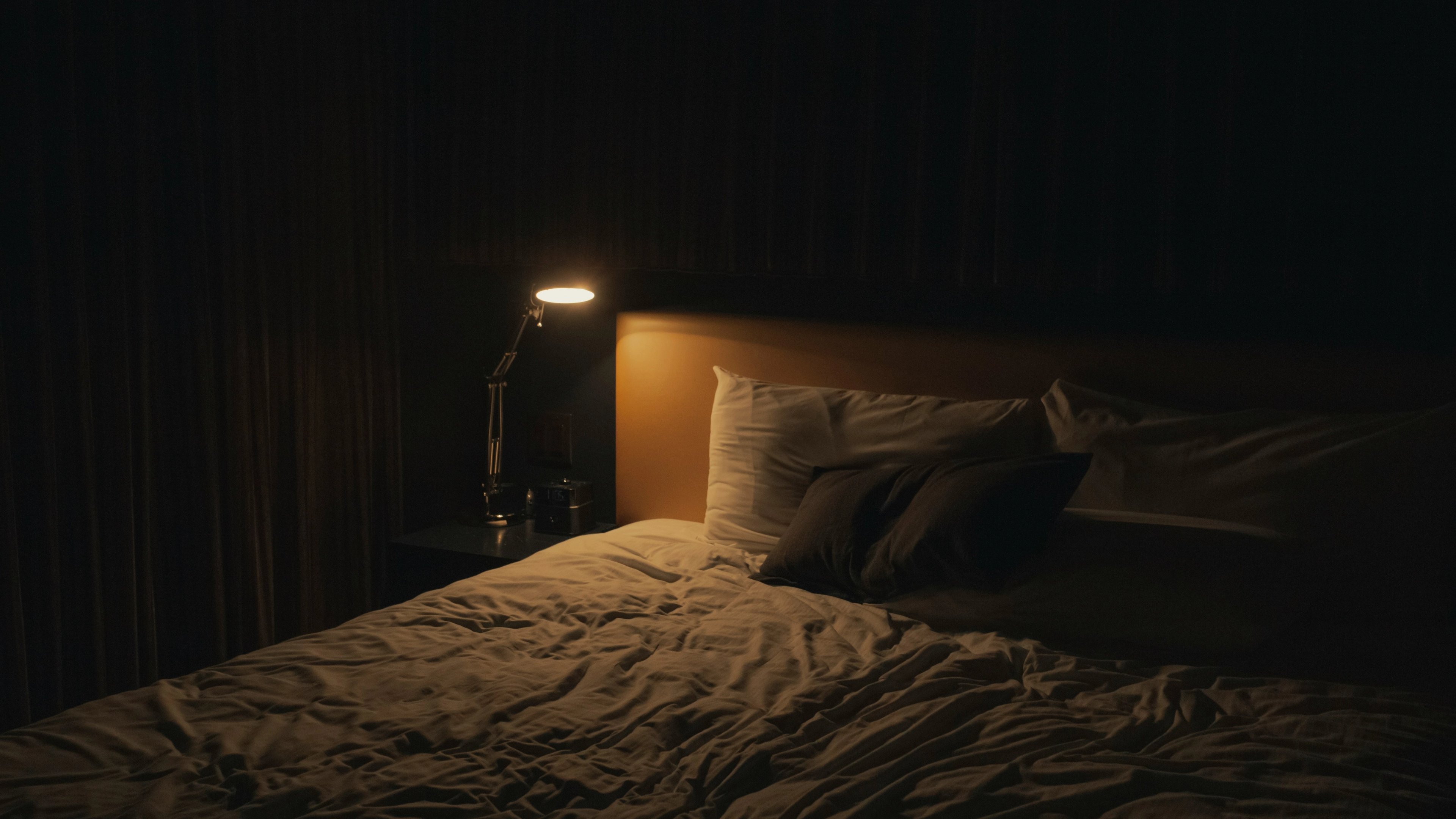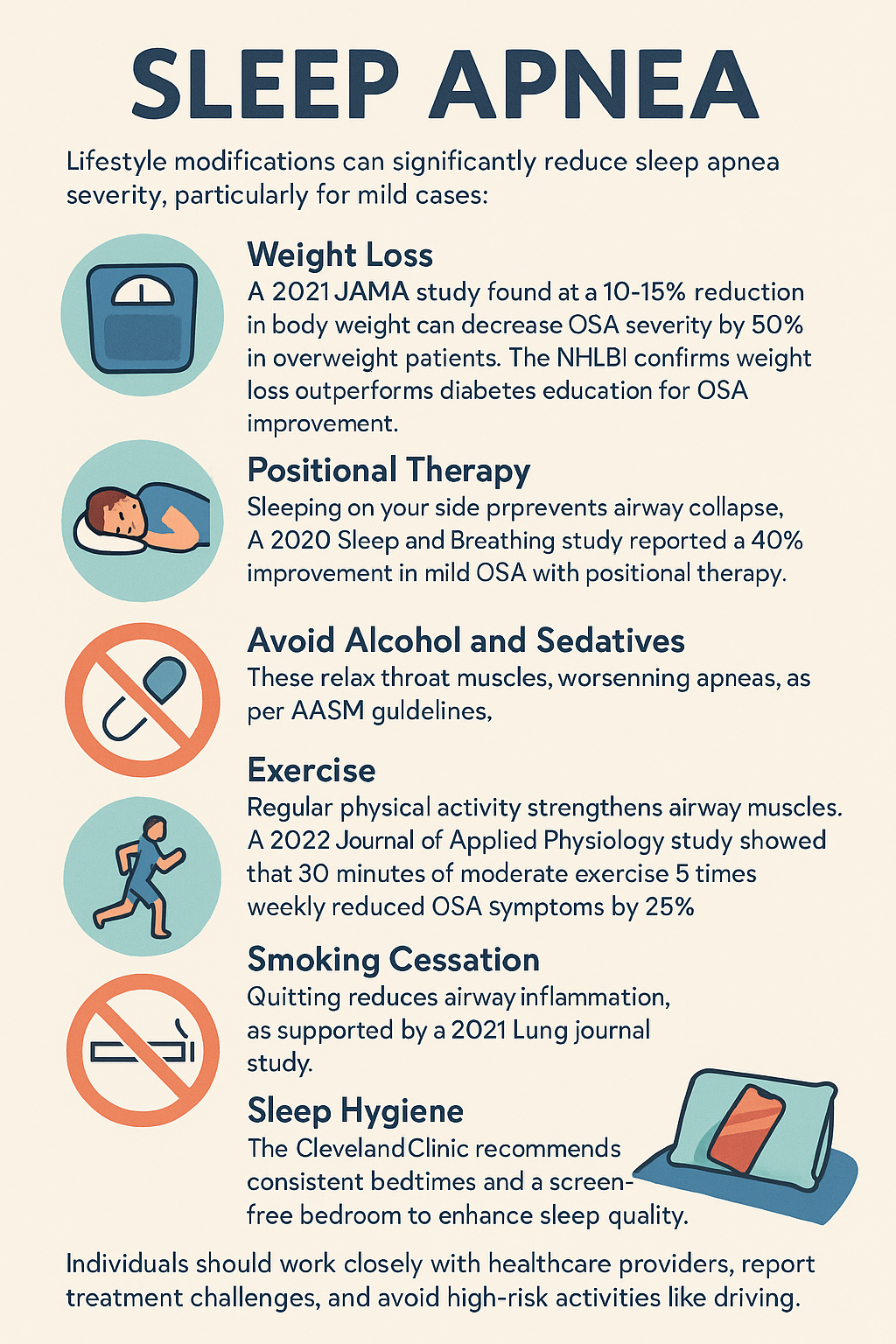
Is Sleeping on Your Side Bad?
Side sleeping is a healthy choice for many, offering benefits like less snoring, better digestion, and a happier spine. Research backs its perks for sleep apnea, pregnancy, and even brain health. But it’s not a one-size-fits-all fix—shoulder pain, wrinkles, and neck strain can creep in without the right setup. By using supportive pillows, alternating sides, and choosing a good mattress, you can make side sleeping work for you. If pain or sleep issues persist, a chat with a doctor or chiropractor might be the next step to fine-tune your sleep game.



